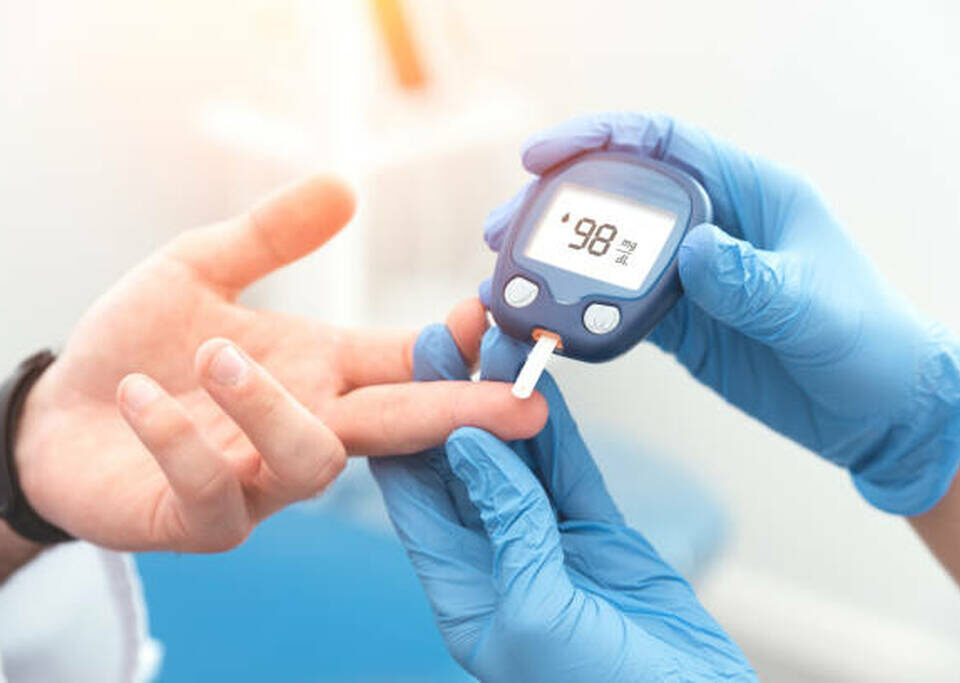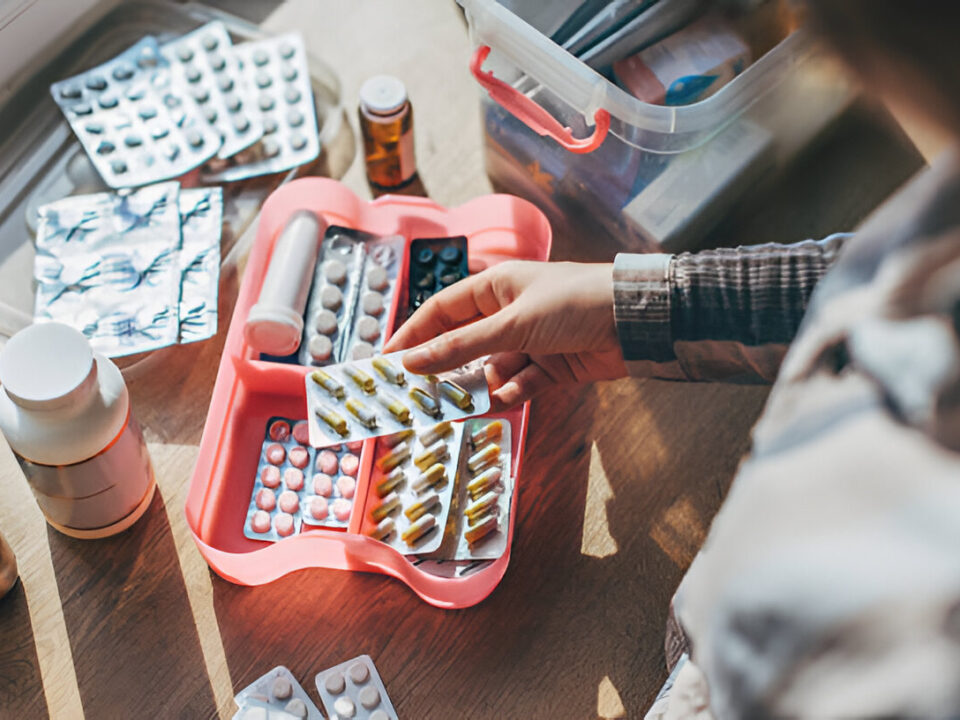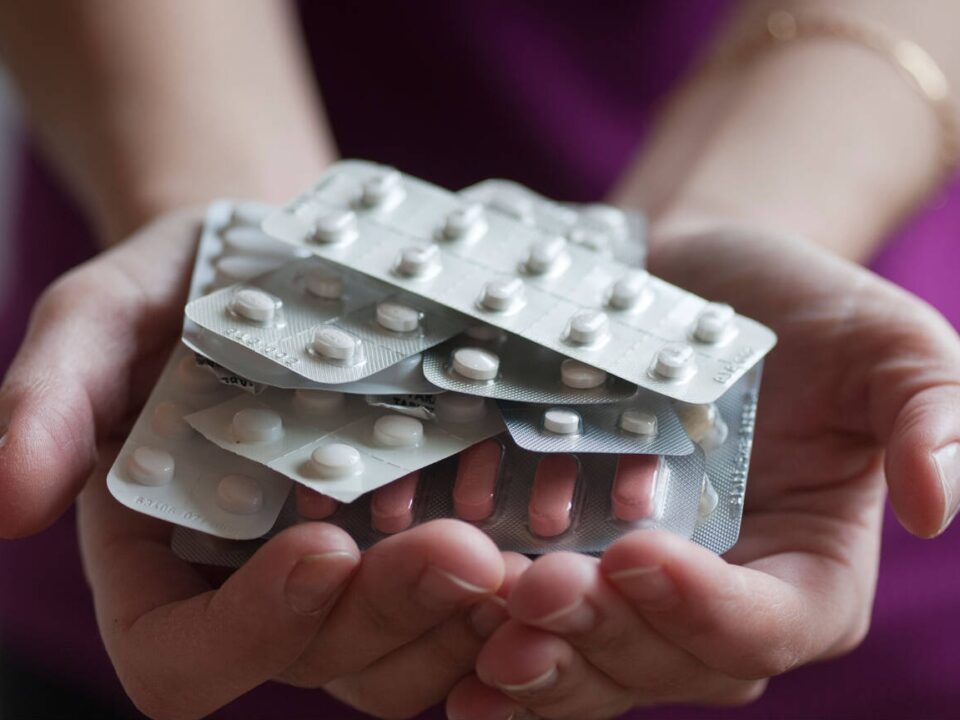
Our Blog
June 17, 2022
The Role of Pharma Importers in Ensuring Quality and Affordability of Medicines India
April 17, 2024The Importance of Drug Licensing in Ensuring Pharmaceutical Quality and Safety
The significance of drug licensing in pharmaceutical quality
Having drugs licensed ensures they meet specific standards for quality and safety. This process involves thorough testing to guarantee that the medication is effective and safe for consumption. Pharmaceutical companies must adhere to strict regulations set by governing bodies to obtain licenses for their drugs. This helps in preventing the distribution of substandard or harmful drugs in the market.
Understanding the purpose of drug licensing
Drug licensing is essential for ensuring that pharmaceutical products meet quality and safety standards before they are available to the public. When a drug is licensed, it means that regulatory authorities have approved it for use based on thorough testing and evaluation. Licensing helps in verifying that the drug is effective, safe, and made under proper conditions. It also ensures that the drug is accurately labeled with correct information about its uses, potential side effects, and dosage instructions.
Key components of the drug licensing process
The drug licensing process involves several key components to ensure that pharmaceutical products are safe and of high quality. Here are some essential elements:
- Pre-clinical Studies: Before a drug can be tested on humans, it must undergo extensive laboratory testing to assess its safety and efficacy.
- Clinical Trials: Drugs must go through several phases of clinical trials to determine their effectiveness, side effects, and optimal dosage.
- Regulatory Review: Regulatory authorities review all data from pre-clinical and clinical studies to decide whether a drug is safe and effective for the intended use.
- Approval: If a drug meets regulatory standards, it is granted approval for market distribution, with specific conditions and monitoring requirements.
- Post-Market Surveillance: After a drug is licensed, continuous monitoring for any adverse effects or safety concerns is crucial to ensure ongoing safety and efficacy for patients.
Ensuring safety through drug licensing regulations
Drug licensing regulations are crucial for ensuring the safety and quality of pharmaceutical products. Licensing verifies that drugs have been carefully tested and meet specific standards before they are approved for use. Here are some key points about how drug licensing regulations ensure safety:
- Testing: Drugs undergo rigorous testing to ensure they are safe and effective for consumers.
- Quality Control: Licensing regulations mandate strict quality control measures to maintain consistent quality standards.
- Monitoring: Regulators monitor the manufacturing processes to ensure compliance with safety standards.
- Safety: Licensing ensures that pharmaceutical products meet safety requirements before they are released to the market.
Importance of quality control in pharmaceuticals
Quality control in pharmaceuticals is crucial for ensuring that medicines are safe and effective. It involves various tests and measures to check the quality of raw materials, packaging, and finished products. By maintaining high quality standards, pharmaceutical companies can guarantee the safety of their products for consumers. Quality control also helps in complying with regulatory requirements, ensuring that medicines meet the necessary standards set by health authorities.
Regulatory bodies overseeing drug licensing
Regulatory bodies are crucial in overseeing drug licensing to ensure pharmaceutical products are safe and of high quality. Here are a few key regulatory bodies involved in this process:
- FDA (Food and Drug Administration): In the United States, the FDA is responsible for regulating and approving drugs before they can be marketed.
- EMA (European Medicines Agency): The EMA plays a similar role in the European Union by evaluating and supervising medicines.
- WHO (World Health Organization): The WHO sets global standards for medicines and collaborates with regulatory authorities worldwide to promote quality and safety.
These regulatory bodies work diligently to evaluate, approve, and monitor pharmaceutical products to safeguard public health.
Steps involved in obtaining a drug license
To obtain a drug license, pharmaceutical companies must first submit an application to the regulatory authority. The application includes detailed information about the drug, such as its composition, manufacturing process, and intended use. Once the application is submitted, the regulatory authority conducts a thorough evaluation to ensure that the drug meets the necessary quality and safety standards. If the drug is deemed to be safe and effective, the company is granted a drug license, allowing them to market and sell the drug in the market.
Impact of drug licensing on public health
Drug licensing plays a vital role in ensuring the quality and safety of pharmaceuticals that the public consumes. The process of drug licensing involves rigorous evaluation and approval by regulatory authorities to guarantee that medications meet established standards. Here are some key points highlighting the impact of drug licensing on public health:
- Quality Assurance: Drug licensing ensures that pharmaceutical products undergo thorough testing to confirm their safety, efficacy, and quality before reaching consumers.
- Safety Standards: The licensing process involves assessing potential risks and benefits of medications to protect public health and prevent harm.
- Regulatory Oversight: Regulatory agencies monitor drug manufacturing, distribution, and marketing practices to uphold standards and safeguard public health.
- Consumer Trust: Drug licensing instills confidence in the public regarding the reliability and effectiveness of prescribed medications, fostering trust in the healthcare system.
Compliance with drug licensing requirements
To ensure drug safety and quality, pharmaceutical companies must comply with strict drug licensing requirements set by regulatory authorities. These requirements cover various aspects of drug production, from facility standards to testing procedures. Failure to meet these standards can result in serious consequences for the company, including fines, product recalls, or even closure of operations. It is essential for pharmaceutical companies to adhere to these licensing requirements to guarantee the safety and efficacy of the medications they produce.
Conclusion: Upholding pharmaceutical quality and safety through licensing
To wrap up, drug licensing is crucial for maintaining high standards of quality and safety in the pharmaceutical industry. Licensing ensures that only qualified and trustworthy parties are allowed to produce and distribute medications. By enforcing licensing regulations, authorities can monitor and control the manufacturing processes, materials used, and overall compliance with strict guidelines. This leads to a safer and more reliable supply of medications for consumers, ultimately safeguarding public health and well-being.




